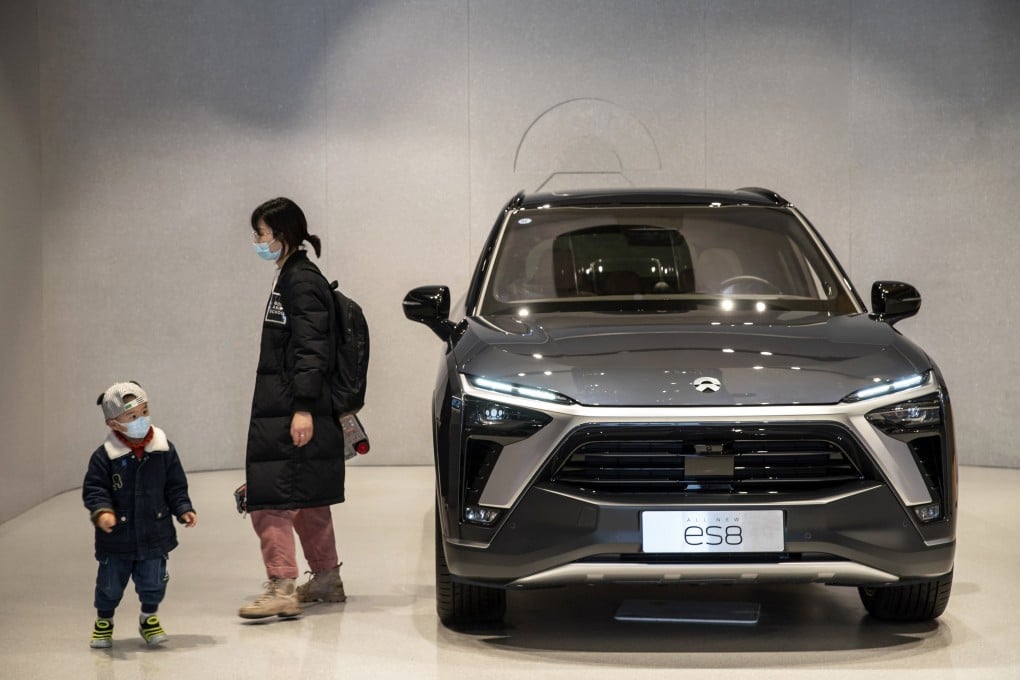Advertisement
The View | Can Chinese EV makers get a jump on Tesla and tap partners in Southeast Asia for expansion?
- Despite the popularity and reach of Tesla, Chinese EV brands have a good chance of dominating the emerging market in Southeast Asia
- And Indonesia, with its abundant nickel resources and large market, would make an ideal partner
Reading Time:3 minutes
Why you can trust SCMP
13

The world is in transition with regards to energy sources, especially in the transport sector, where the shift from cars powered by fossil fuels to electric vehicles using batteries and hydrogen fuel cells is gaining pace. Electric vehicle manufacturers from various countries are now competing against China, the world’s largest source of electric vehicle sales and business.
At a visit to Ford’s auto plant in Michigan in May, US President Joe Biden admitted that his country is a few steps behind China. Under the governance of President Xi Jinping, China has set a target for EVs to account for 40 per cent of all passenger vehicles sold in 2030. The Chinese government has supported the transition to electric vehicles, not least for the development of the domestic EV industry.
China is serious about reducing carbon emissions and becoming a global leader in adopting and promoting EV innovation. In Asia, the competitive power of the automotive industry comes from Japan, India and Korea. But in terms of electric vehicles and industrial readiness, the three countries are far behind China.
Advertisement
China looks set to dominate Asia’s electric car market with home-grown brands such as Li Auto, BYD, Xpeng, SAIC Motor, NIO and WM Motor Technology. It’s just a matter of time before electric vehicle brands from China will fill the Asian market. This is because other countries in Asia are in the process of developing and testing these cars.
Many others are eyeing the market. In the Middle East, Saudi Arabia reportedly plans to work with Lucid Motors, a car manufacturer from California, to develop an electric car. The kingdom’s sovereign wealth fund is reportedly ready to provide the funds needed to build an electric vehicle ecosystem with Lucid.
Advertisement
Advertisement
Select Voice
Choose your listening speed
Get through articles 2x faster
1.25x
250 WPM
Slow
Average
Fast
1.25x


